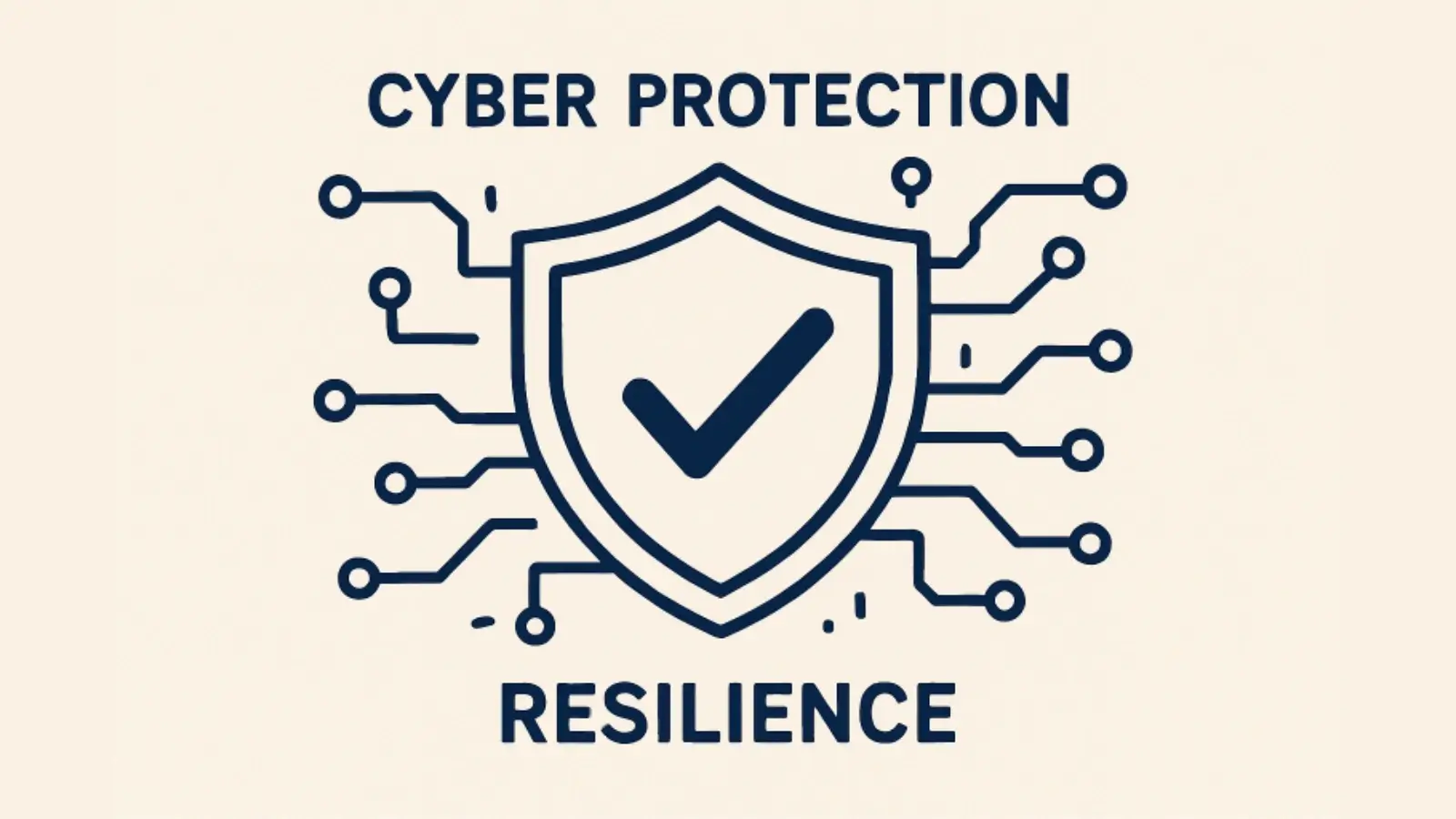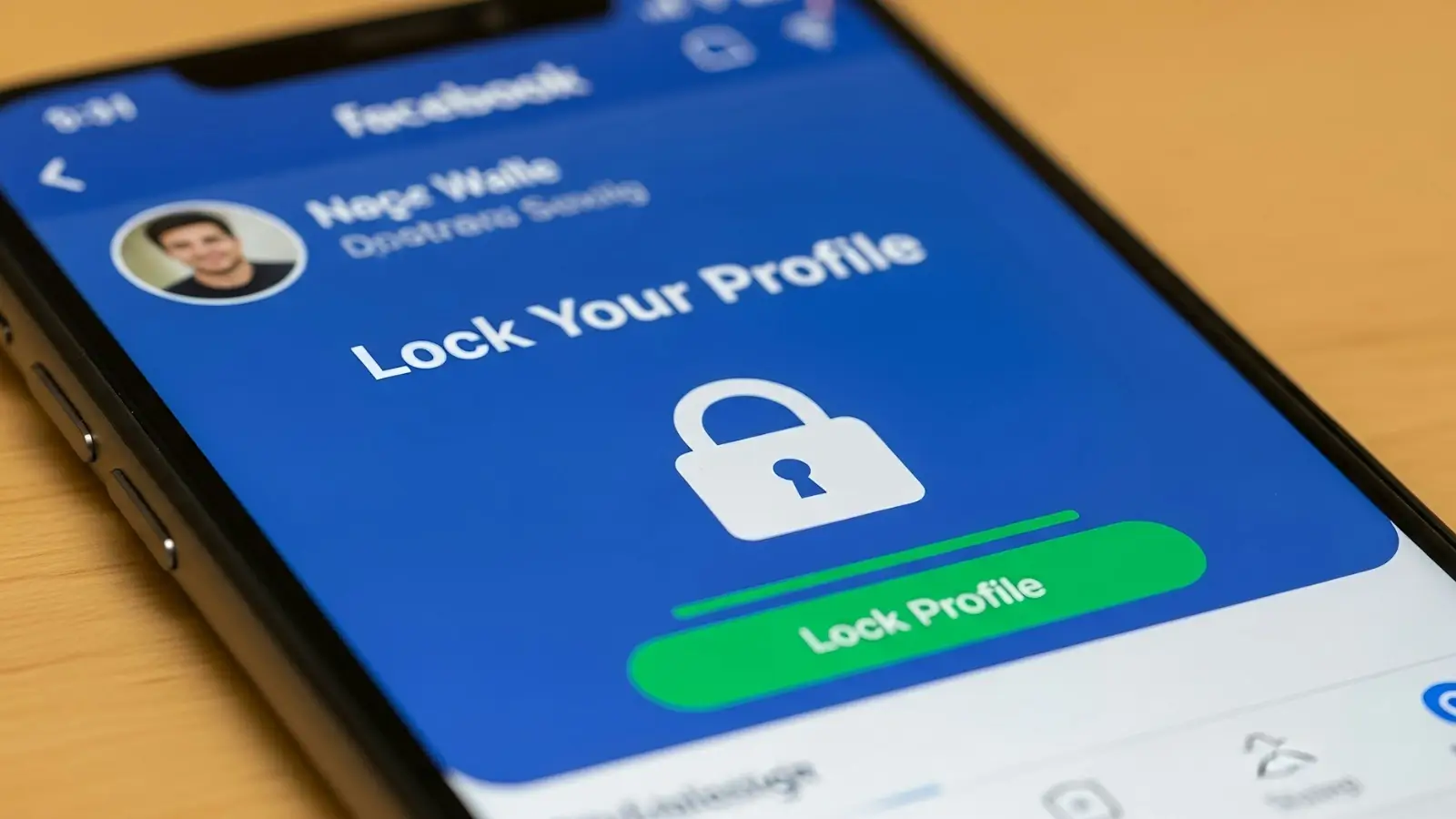In today’s digital landscape, businesses are under growing pressure to build trust while respecting customer privacy. With increasing headlines about data breaches and surveillance concerns, customers are beginning to lose confidence in the companies they interact with daily.
According to Deloitte, this shift is measurable. Only 50% of consumers now believe the benefits they receive from online services outweigh their data privacy concerns. Additionally, just 41% say protecting their online data has become easier, and only 34% feel companies are transparent about how they use that data. Both figures reflect a double-digit decline from its previous year.
These statistics highlight a critical reality: maintaining customer trust requires more than robust security measures. It demands transparency, ethical practices, and a customer-first mindset.
This article explores how businesses can build strong, trust-based relationships with customers without crossing privacy boundaries.
Collect Only What You Need
A core principle of privacy-respecting businesses is data minimization, collecting only the information necessary to provide the service or product. Avoid requesting or storing excessive personal details that don't directly enhance the customer experience or serve operational needs.
Industry leaders offer a clear example of this principle in action. According to Security.org, Google collects the most data, underpinning its business model of personalizing experiences and ads.
Conversely, Apple stands out for its minimal data collection, prioritizing user privacy. Amazon also collects significantly less data than others, likely because, like Apple, its revenue streams are less dependent on advertising. By focusing solely on relevant data, companies can build trust, demonstrating that customer privacy is valued, not just a regulatory obligation.
Use Technology Responsibly
Emerging technologies like AI, chatbots, and behavioral analytics can greatly improve customer experience when applied ethically. However, as Forbes notes, AI is a double-edged sword; while it brings significant benefits, it also raises privacy concerns and ethical challenges.
To address this, businesses should conduct Privacy Impact Assessments (PIAs) to identify and mitigate privacy risks related to AI use. Many states already mandate PIAs, especially for tools involving minors.
When conducting a PIA, consider these four key risk factors:
- Type of processing: Activities like sharing or selling data pose greater risks.
- Type of personal data: Sensitive categories (e.g., health data) require more protection.
- Type of individual: Extra safeguards are needed for vulnerable groups like children.
- Jurisdiction: Regulations differ across states; some, like Utah and Colorado, have AI-specific laws.
Navigate Customer Interactions with Care
Recording customer service calls offers valuable benefits, from improving service quality and training staff to protecting both customers and businesses in disputes. However, this practice demands careful navigation of call recording laws, which vary significantly by jurisdiction.
Some regions operate under one-party consent, where only one participant needs to be aware of the recording. Conversely, stricter two-party (or all-party) consent states and countries mandate that all participants must be informed and agree before a recording commences.
To build trust, businesses must always inform customers upfront when calls are being recorded, typically via a pre-recorded notice or agent notification. Crucially, compliance with both federal and state-specific laws is paramount.
As Conn Law, PC, emphasizes, California's stringent call recording laws, for instance, protect personal privacy. Recording without proper consent can result in significant legal repercussions, such as civil litigation and criminal charges. Transparent recording practices are vital for building trust, whereas secret recordings risk severe legal repercussions and significant reputational damage.
Be Transparent with Your Policies
Clear, accessible communication about data collection and privacy policies is absolutely vital for building customer trust. Businesses must prioritize using plain language over legal jargon, ensuring customers fully comprehend how their personal information is used, stored, and protected. This transparency eliminates ambiguity and demonstrates a fundamental respect for customer rights.
The repercussions of falling short in this area can be substantial. As Reuters reported, the Dutch Data Protection Authority (DPA) notably fined Netflix 4.75 million euros for not adequately informing customers about its personal data usage.
The DPA's investigation found Netflix's privacy statement lacked clarity on data practices, and customers weren't sufficiently informed even when directly inquiring about collected data. These were direct violations of the General Data Protection Regulation (GDPR).
This case underscores that vague or inaccessible policies erode trust, emphasizing that clear, honest communication is non-negotiable for gaining customer confidence.
Train Your Team to Prioritize Privacy
Your employees play a vital role in upholding your company’s privacy values. As the first point of contact with customers, they must be equipped to handle sensitive information with care and professionalism. Comprehensive privacy training should cover key topics such as data protection regulations, ethical communication, and proper call recording procedures.
When employees handle data responsibly and follow compliance protocols, it safeguards the company and builds customer trust. Encourage open discussions about data ethics and provide regular updates as laws and technologies evolve. By promoting a culture where privacy is treated as a shared responsibility, businesses can show customers that their information is truly respected.
Frequently Asked Questions
How can I personalize customer experiences with minimal data collection?
You can personalize customer experiences using minimal data by focusing on contextual cues like browsing behavior, purchase history, or location (with consent). Use preferences customers voluntarily share and offer customizable options. Rely on aggregated, anonymized insights to tailor services without needing excessive personal information, maintaining both relevance and privacy.
Do I need to obtain consent before recording customer service calls?
Yes, consent is often required before recording customer service calls, but laws vary by location. Certain regions permit one-party consent, whereas others require consent from all parties involved. To stay compliant and build trust, always inform callers upfront through a message or agent disclosure before the call is recorded.
What if a customer asks to delete their data?
If a customer requests data deletion, verify their identity and review applicable data privacy laws (like GDPR or CCPA). If eligible, delete their personal data from your systems and confirm the action. Ensure internal records and third-party vendors also comply, and document the request for accountability and future reference.
Building customer trust without invading their privacy requires deliberate, transparent, and respectful strategies. By following the strategies outlined in the article, businesses can build lasting loyalty. A culture that prioritizes privacy not only safeguards customers but also strengthens brand reputation and competitive advantage in today’s privacy-conscious market.

















